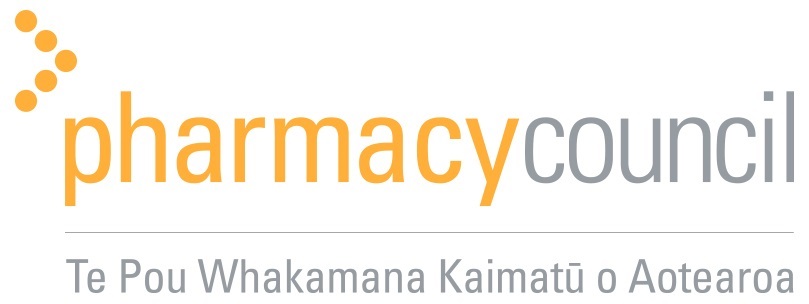Pharmacists must be trained and registered
Pharmacists are health professionals. They are trained in how to best use medicines. They also have a broad knowledge of common health conditions, and how the human body functions.
Pharmacists hold a 4-year degree and complete 1 year of training supervised by an experienced pharmacist before they can register with the Council. The learning continues throughout their working life — continuing professional development that ensures their knowledge and skills keep up with current practice.
Pharmacists can only practise if they’re registered with the Pharmacy Council. Pharmacists must also apply for a practising certificate each year. The Pharmacy Council issues a certificate only if Council can confirm the pharmacist’s competence and fitness to practise.
You can check a pharmacist’s registration online on the Register of Pharmacists
You can make a complaint or raise a concern
If you’re unhappy about a pharmacist’s conduct, you can raise a concern or lay a complaint. Read about making a complaint about a pharmacist
What to expect — standards of service and conduct
As registered health practitioners, pharmacists must behave professionally, with the patient’s best interests in mind — while meeting legal and ethical obligations.
The Pharmacy Council has set standards for pharmacists’ practice.
- Professionalism in pharmacy
- You will be able to access a registered pharmacist whenever the pharmacy is open.
- You will be respected, and your pharmacist will use their knowledge and professional judgement to act in your best interests.
- Your pharmacist will practise according to the principles of the Treaty of Waitangi.
- Your pharmacist will behave professionally in their work, personal and online environments.
- Communication and collaboration
- Your dignity, privacy, and confidentiality will be maintained.
- You will be listened to so that your circumstances and concerns are understood.
- You have the right to include whānau and other support people in your care.
- Your pharmacist will collaborate with other health providers to optimise your healthcare.
- Any concerns or complaints you have will be taken seriously and acted on.
- If something is not right with your medicines, your pharmacist will work with you to find a solution.
- Health and medicine management
- You will be given unbiased, evidence-based information about your health conditions and treatment options.
- Your pharmacist will use their knowledge and judgement so that you can have confidence in the products and services recommended for you.
- If your pharmacist does not think the treatment requested is the best option for you, they may recommend an alternative treatment.
- If your pharmacist does not offer a specific pharmacy service, they will help you find an alternative provider.
- Public healthcare
- You will receive information on how to self-manage or control your health condition.
- Your pharmacist will help you access other healthcare resources or support programmes.
- Supply and administration of medicines
- You will receive medicines that are accurately dispensed, safe, and of good quality.
- You will receive the advice you need to help you take your medicines appropriately (see Medicines Information below).
- Leadership and organisational management
- You will be provided with a safe and comfortable environment, suitable for dedicated healthcare.
- Pharmacy staff will have the appropriate qualifications, abilities, and experience to provide you with safe and effective care.
These standards are part of the Competence Standards for the pharmacy profession.
Download Competence Standards for the Pharmacy Profession
Download this leaflet – What can I expect from my Pharmacist?
Community pharmacies offer retail, expertise, and health services
Mostly, you’ll meet pharmacists in community pharmacies — also called retail pharmacies or chemist shops. Community pharmacies can offer a range of health services including:
- dispensing prescription medicines
- giving advice on how to take medicines for best benefit
- safely disposing of unneeded or expired medicines
- assessing and treating minor health problems
- giving some vaccinations
- doing some health screening tests, like testing blood pressure, blood glucose, and blood cholesterol.
Questions to ask about using your medicine safely
It’s important that you know what you need about taking your medicine. Medicines can harm if they’re not used properly. Here’s what to ask your pharmacist.
The basics about the medicine and how to take it
- What is the name of the medicine?
- What does it do?
- What is the correct dose? (How much do I take? How often? And for how long?)
- Should this medicine be taken with or without food?
- What should I do if I forget to take a dose?
Side-effects
- What side-effects should I watch out for?
- What do I do about them?
How to know the medicine is working
- How long will it take for the medicine to start working?
- How do I know if it is working?
- What do I do if it does not seem to be working?
When to stop taking the medicine
- What should I do if I feel better and do not want to finish taking all if it?
Taking the medicine safely
- Is it okay to take the medicine with other medicines, alcohol, or natural remedies?
- Is it safe to use if I am pregnant or breastfeeding?
